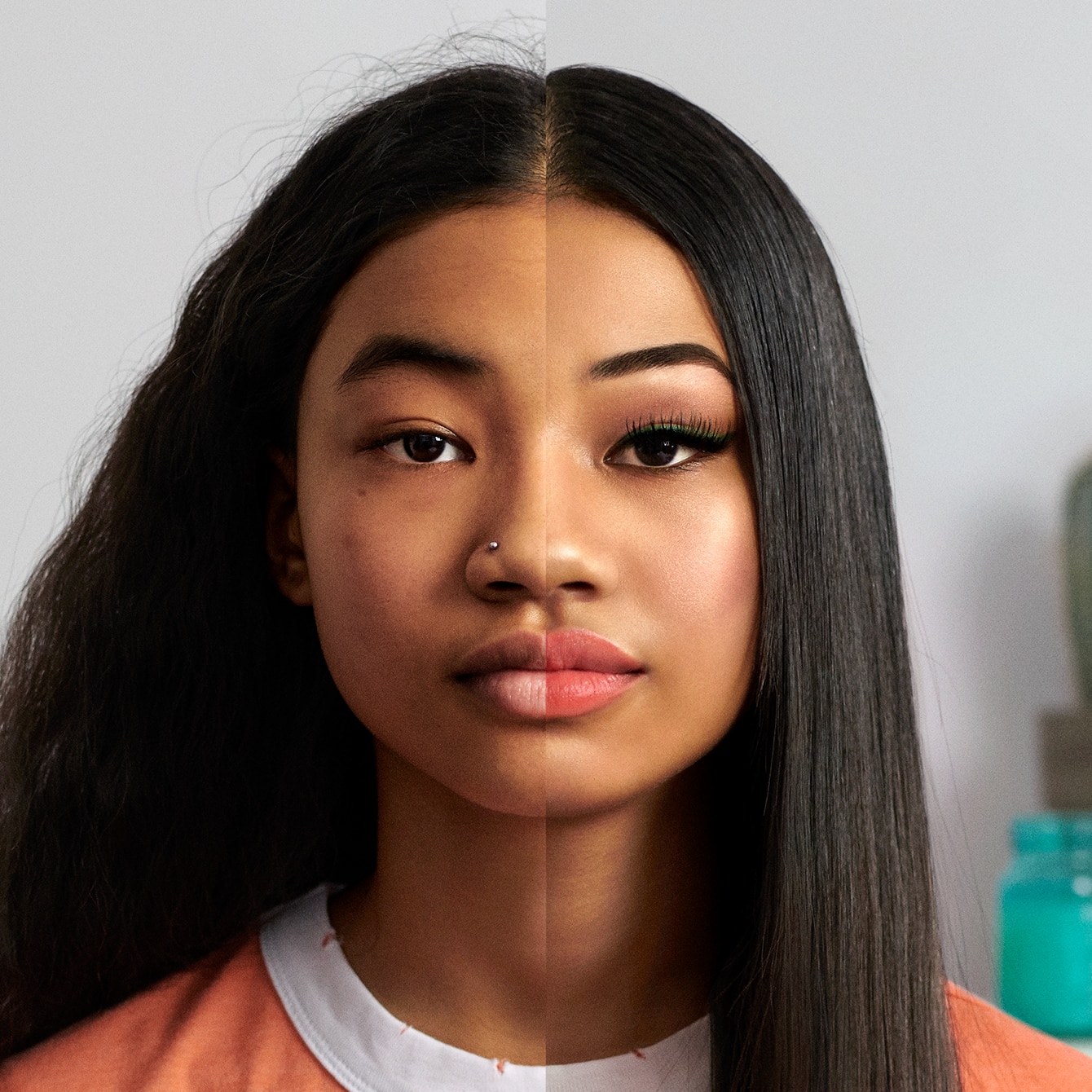No matter what your family background or cultural identity is, it's important to celebrate diversity and respect differences. Our action checklist will help you and your child do just that.
Respecting differences
One wonderful thing about the modern world is the diverse cultural background many of us enjoy. Take a moment to reflect on your family background and what holds you together. Character traits, physical features, ethnicity, interests and more, all come together to make your family unique.
Different families have different definitions of beauty, expectations for behaviour and attitudes towards self-expression. These ‘differences’ can sometimes lead to negative comparisons and poor body image, when young people are desperate to 'fit in'.
Beauty in different cultures – how it affects body image
Studies show that where we’re from, our ethnicity and cultural background all have an impact on our body image. American magazine Allure polled 2,000 women in The Allure American Beauty Survey. When asked about their personal attractiveness, African-American women were three times as likely as white women to rate themselves at the ‘hot’ end of the spectrum.
This may be because some women are culturally more comfortable with appreciating their bodies, or have more flexible concepts of beauty. In parts of Africa and Jamaica, for example, bigger, curvier figures are associated with wealth and fertility.
Cultural differences around beauty
What's perceived as beautiful varies hugely across the globe. For example, in China hairy moles are admired as they're thought to be a sign of a long and happy life. And in the Middle East, belly dancers are considered beautiful for their curvy tummies.
Compare this to the Western preoccupation with thin, white, blonde beauty and it isn’t hard to see why our kids need guidance in learning to love their individuality.
Teenagers have a their own cultural identity
Children have to juggle family expectations with those of the wider culture they live in. “This is often a time when girls feel an overwhelming need to fit in,” says healthy body-image campaigner, Sharon Haywood. “Don’t be offended if she seems to reject her background – instead seek out ways to help her appreciate the value that comes from her specific set of circumstances and heritage.”
Try to understand your child's perspective and talk about their cultural background. Opening their eyes to where they come from and how this influences who they are will help them not only to accept their uniqueness, but also to celebrate and feel proud of it.
Help your child to see beauty beyond the stereotypes, so they can apply a wider concept of beauty to themselves and others, and avoid appearance-related comparisons.
Use our action checklist below to start the conversation.

